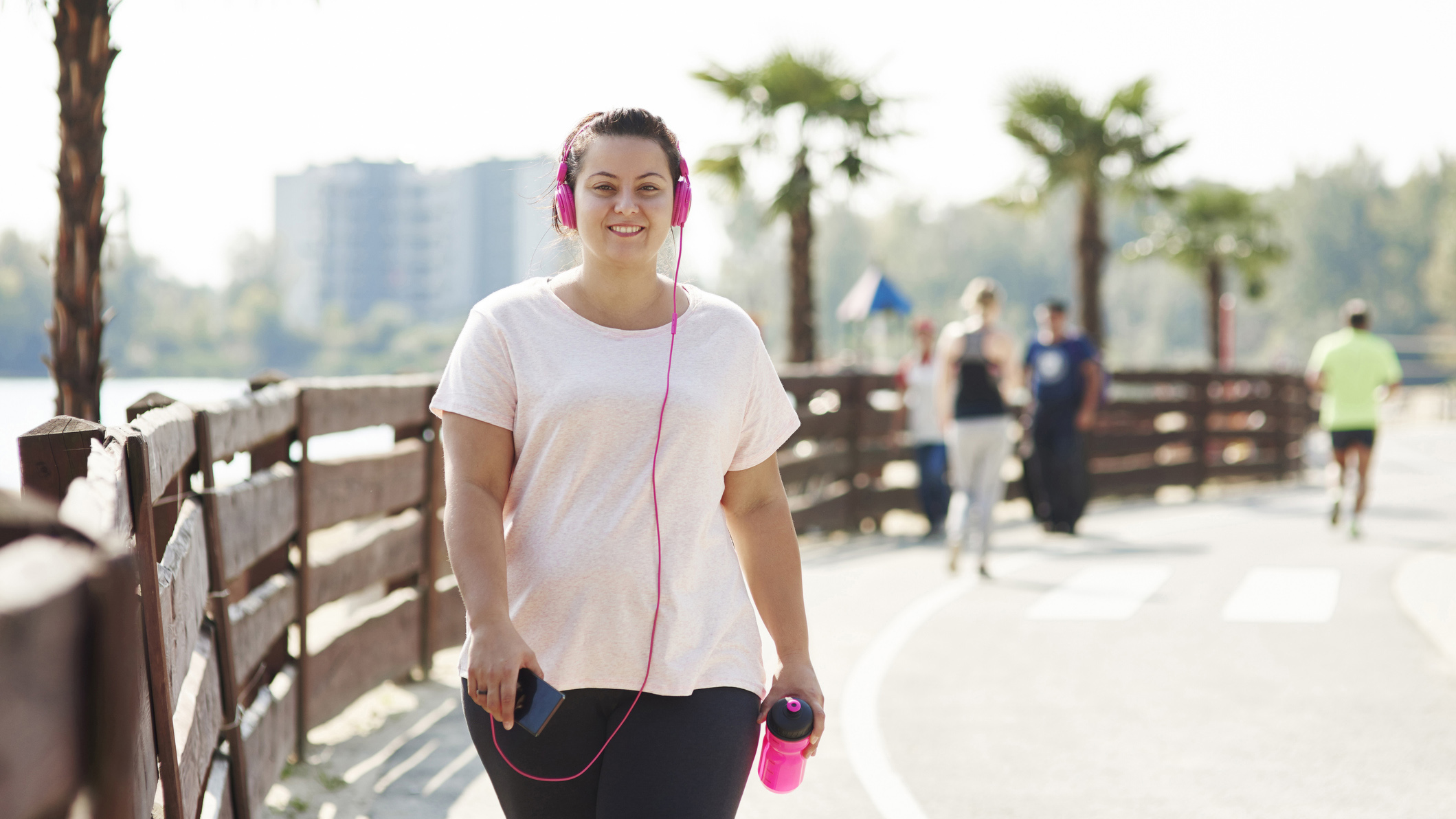
- Decrease calorie input through diet changes
- Cut out empty calories
- Try portion control
- Try a food substitute
- Try intermittent fasting
- Practice mindful eating
- Drink less alcohol
- Do some exercise!
- Add some weight training
- Vary the intensity of your workouts
- Track your calorie deficit
- Try apple cider vinegar
- What NOT to do when you're trying to lose weight

Want to know how to lose weight sustainably? We have good and bad news for you. The bad news is, long term weight loss is not the easiest goal to achieve. The good news is, it's far from being impossible.
The NHS recommends that you aim to lose no more than 2 lbs (1kg) per week; any more than that, and you risk burning out and giving up. If you want to get fit in 2021, you must be patient with yourself and allow time for your body to adjust.
The best way to lose weight is, of course, not to put the extra pound on in the first place, so knowing how to avoid weight gain at home is a good start. Even if you're past this point, don't worry; there are numerous ways to shift stubborn fat, albeit it will certainly be more challenging than not having to lose the extra poundage in the first place.
While gyms are open again, it’s likely that you’ll have adopted a much more sedentary lifestyle, perhaps because you’re working from home and your walk to the train station and up and down the office stairs has been swapped for walking from your bed to the sofa (and to the kitchen multiple times a day…). In fact, a survey from King’s College London and Ipsos MORI suggests that 48% of UK adults have put on weight during the lockdown.
Each of the twelve steps in this guide is a step you can take towards quick but sustainable weight loss that is achievable for everyone. You don't have to do them all, but adopt as many as you can into your lifestyle. We've tried to keep these diet, workout and weight-loss tips as simple as possible so you can get fit and in shape in 2021, despite lockdown.
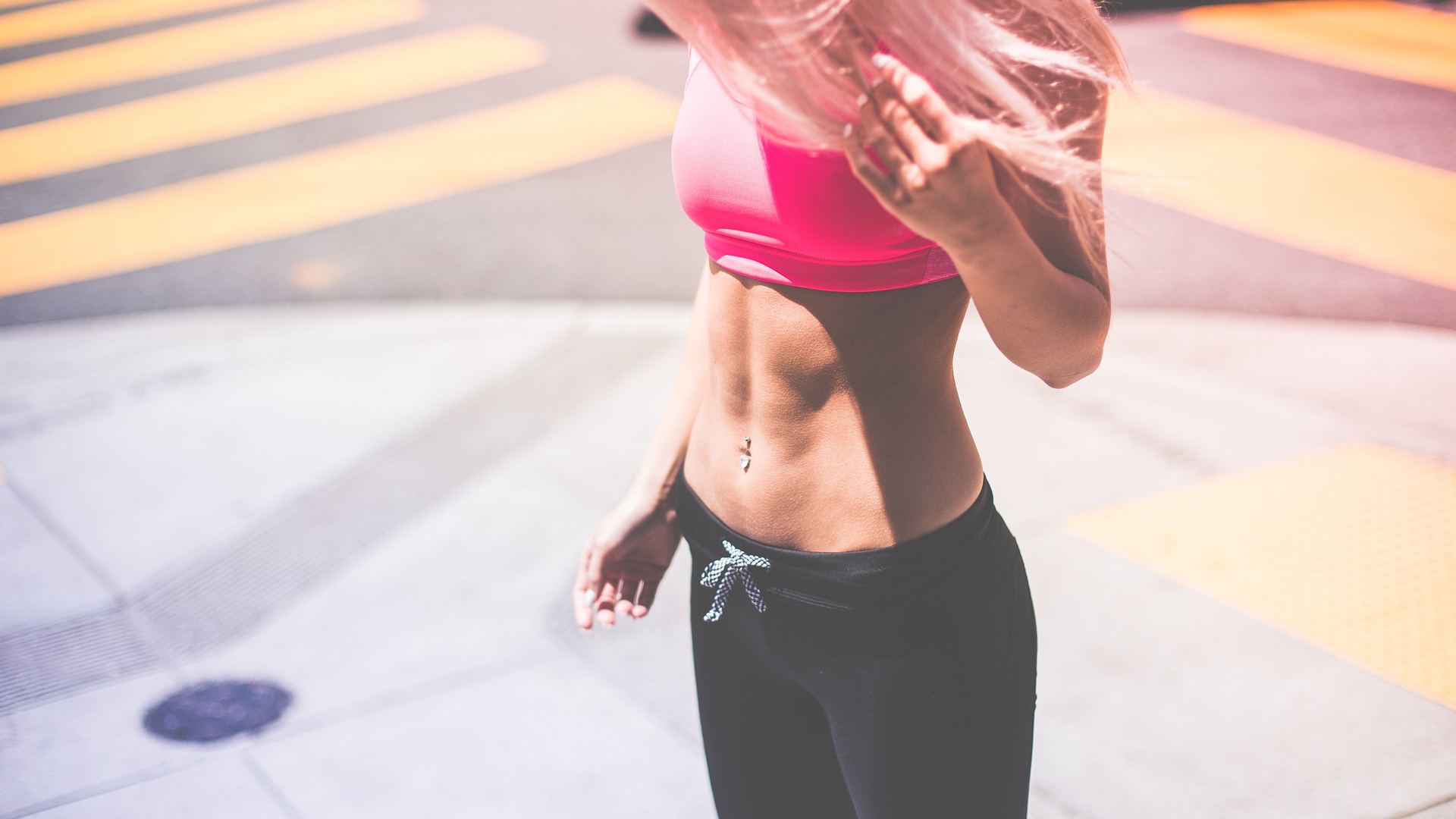
How to lose weight: is there a 'best' way to lose weight?
For the overwhelming majority of people, losing weight comes down to achieving a constant calorie deficit, which means you need to burn more calories through activity than you consume through food and drink. If you eat 2,500 calories a day – the recommended daily amount for a man, although of course this can vary wildly depending on your height, weight and frame – and burn 3,000, you are in a calorie deficit. If, however, you consume 3,500, you won't be in a calorie deficit.
The best way for you to lose weight fast will depend on your starting point, your end goal, and your lifestyle. In this article we lay out ten strategies that are applicable to everyone, whether you're a fitness novice looking to shed several stone, or you simply require motivation to keep going.
Sign up to the T3 newsletter for smarter living straight to your inbox
Get all the latest news, reviews, deals and buying guides on gorgeous tech, home and active products from the T3 experts
Generally speaking the best way to lose weight quickly, and maintain that weight loss, is to follow a steady, manageable plan. Don’t try to take on more than you can reasonably fit into one day, unless you’re willing to make the sacrifice. Most likely sleep or your social life.
With that in mind, here are 12 strategies to get you losing weight quickly.
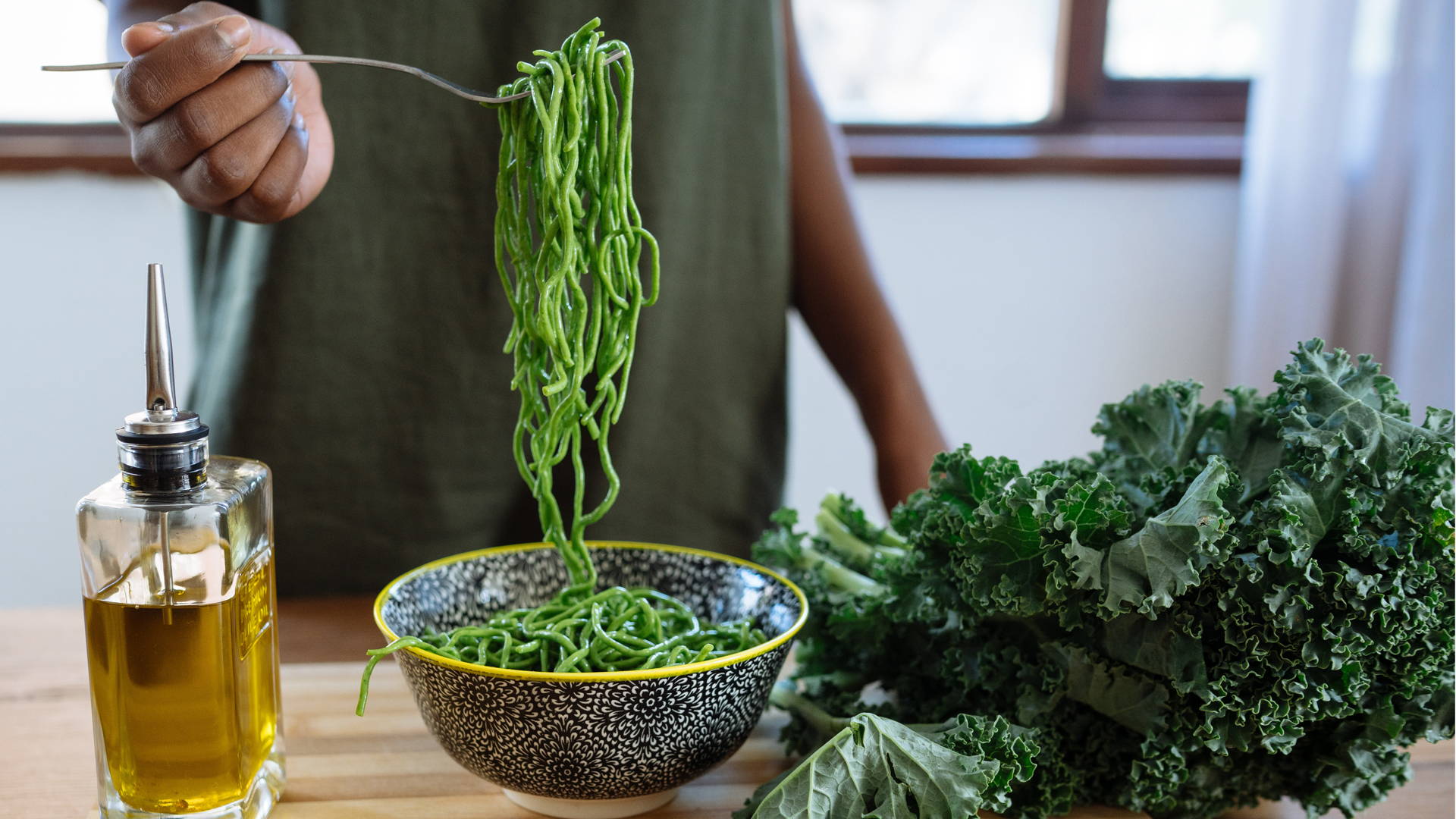
Spiralizing vegetables is a great alternative to pasta
1. Decrease calorie input through diet changes
As mentioned above, weight loss comes down to consistently burning more calories than you consume. Cutting calories is therefore the most obvious way to lose weight, but this doesn’t always mean eating less. Instead, we recommend adapting your diet to get the most out of your calories.
All foods have different energy densities. Foods like fruits, vegetables and whole grains have low energy density, which means you will get fuller faster when eating these than you would high energy density foods (for example pasta, crisps, chocolate, nuts and seeds).
Nutritionist Jenna Hope explains: “Proteins and healthy fats promote more stable blood glucose levels, keeping you fuller across a time period and less likely to crave sugar or over eat,” and so these are the kinds of foods you should get the majority of your calories from.
For example, unless you're training to become a weightlifter, there's nothing wrong with carbs per se – despite what keto diet fans might tell you – but the biggest food culprit when it comes to hindering weight loss is the simple carbohydrate.
Complex carbs like beans, whole grains and vegetables break down and release energy slowly, thereby keeping you full and energised. However simple carbs such as sugar and starchy foods – pasta and spuds are the classics – give you a shorter boost of energy, then leave you wanting more. The likelihood is that the more simple carbs you eat, the more you’ll end up eating overall, harming the balance of your calorie deficit.
One easy trick if you're a carb fan is to swap out white pasta or rice for courgetti, or noodles made from other vegetables like butternut squash. This can make an arrabiata, curry or stir fry much lower in calories. You’ll hardly notice the difference when you’re eating it, but you’ll be fuller for longer despite consuming fewer calories.
- Here are the best spiralizers you can buy to spruce up your carb cooking
- Best recipe box: meal kits for healthy eating and weight loss

Cutting down on sugar will help reduce your waistline
2. Cut out empty calories
An easy way to reduce your calories without feeling like you’re making a huge sacrifice is to cut out “empty calories”. Empty calories are calories that supply energy (and therefore calories) but little to no other nutritional value (i.e. no vitamins, minerals, protein or fibre). Common culprits include sugary drinks (whether that’s squash, a caramel latte or a pint of cider), sweets, and of course, alcohol.
In addition to these empty calorie foods, we recommend you assess what is “empty” to you; what foods do you consume calories from without any real enjoyment? For example, did you know there is more sugar in three tablespoons of ketchup than in a powdered sugar doughnut? I don’t know about you, but I’d happily give up ketchup to be able to treat myself to a doughnut at the weekend guilt-free.
The calories that you don’t get any real nutritional value or enjoyment from should be the easiest to cut from your diet.
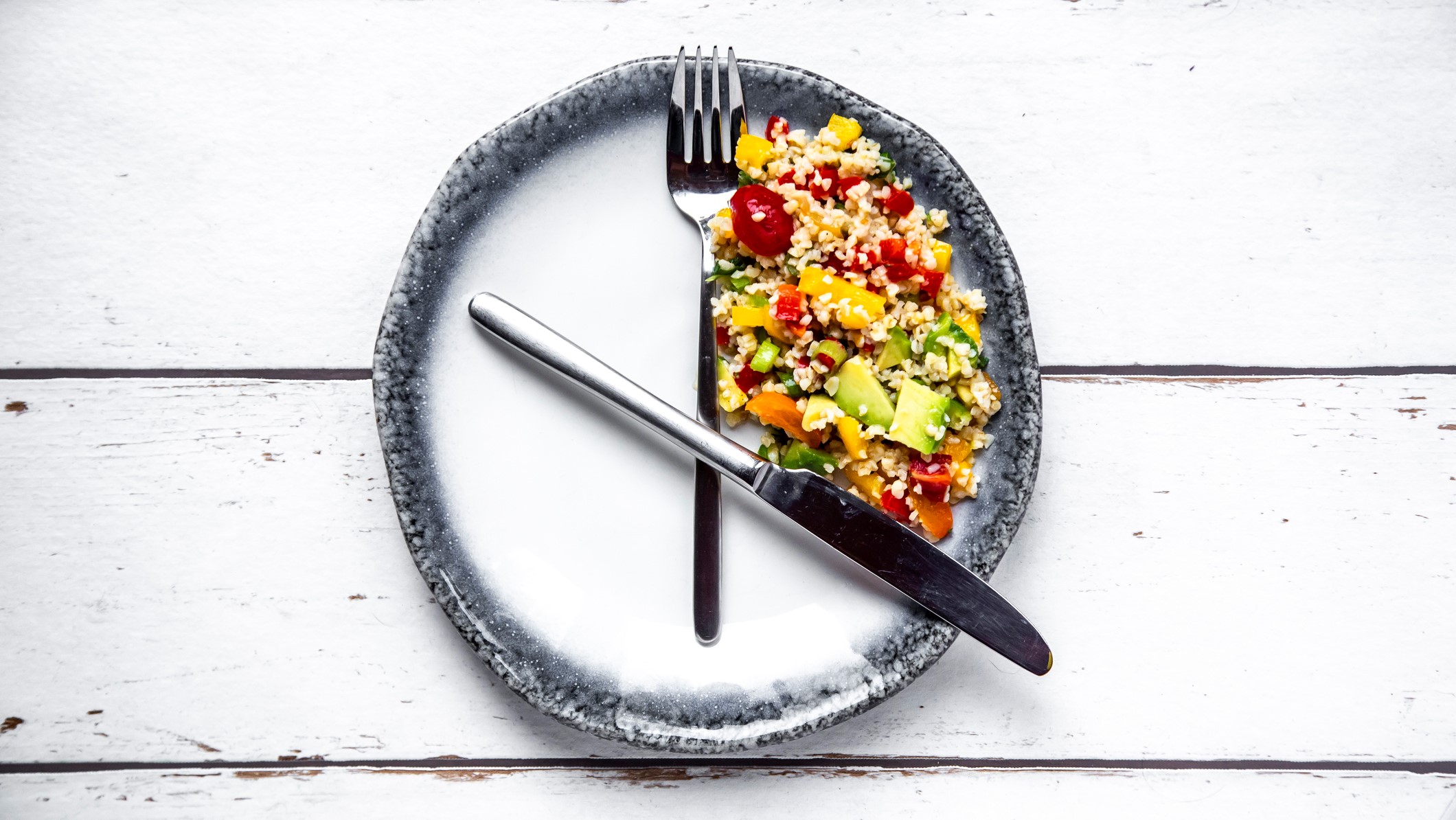
Controlling your portion size can help with weight loss
3. Practice portion control
Spoon Guru nutritionist Isabel Butler (MSc, ANutr) recommends that “the best way to reduce weight and maintain the weight loss is by simply eating a balanced and healthy diet, without refusing yourself particular foods… If you do cut out foods, you need to make sure your diet is still balanced and you are getting the nutrients your body needs from other sources.”
If you’re eating a balanced diet filled with healthy foods, it could be that portion control is your issue. It takes approximately twenty minutes for the signals to reach your brain when your body has enough food to meet its needs, so you should aim to finish a meal feeling satisfied, but not full.
If you struggle with overfilling your plate, and are unable to save some even if you feel really full, try using a smaller plate. Also, try to eat more slowly and always drink at least a glass of water during your meal. This will help you to feel fuller faster.
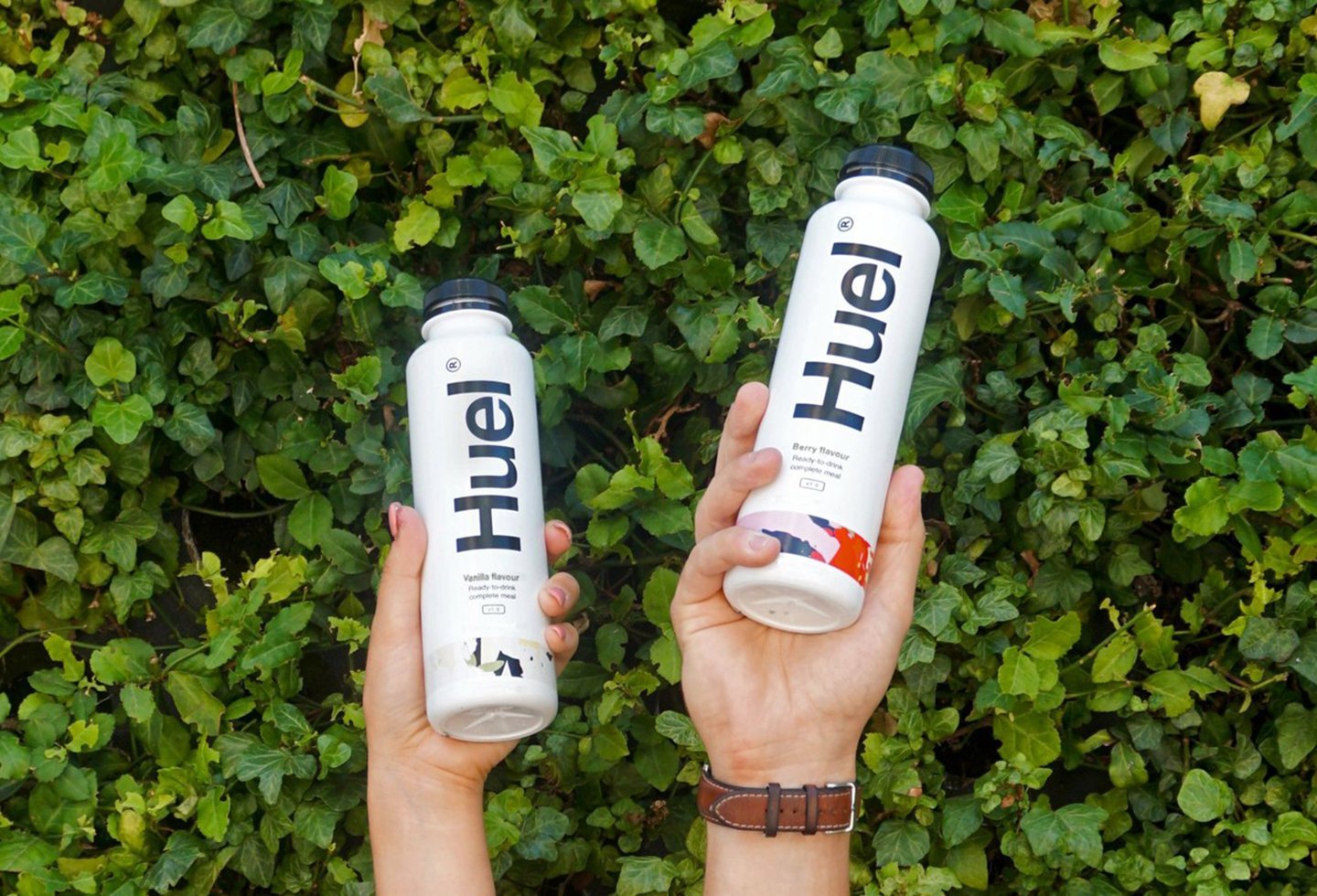
4. Try a food substitute
Sometimes it’s a real struggle to get started with prepping healthy, balanced meals in the right quantity for weight loss, especially if you’re constantly on the move and don’t have the time to count calories.
One option is to try a food substitute such as Huel. Huel products all contain a good mix of nutrients, as well as all-important protein. It’s your choice whether you opt for something like Huel, which isn’t marketed as a dietary aid, or something like Slim Fast, which is, but the key thing is that all of these food substitutes are highly nutritious and make calorie counting a lot easier.
Note that you might find this step difficult if the reason you’re struggling to lose weight is that you love your food: these shakes may replace meals from a nutritional standpoint, but cool milkshakes can’t replace healthy, warm, home-cooked food for satisfaction. It would help if you were highly motivated to lose weight this way.
5. Try intermittent fasting
Some people thrive on intermittent fasting, which means significantly cutting calories – or completely fasting – for a portion of the day or week and then eating normally for the rest.
The most popular form of intermittent fasting is the 5:2 diet, where you normally eat for five days a week but then eating no more than 600 calories two days a week. The 5:2 diet is popular because while your calories are significantly restricted two days a week, you don’t have to count calories during the other five days of the week. Guilt-free weekends? Yes, please!
There’s also the 16:8 diet, which is a bit different. With this diet, you can eat anything for 8 hours a day but only drink water during a 16 hour fast. The recommended time to eat is between 10 am and 6 pm, although this can be flexible depending on what time you’d prefer to start or end eating (as long as you stay within an eight-hour window). With this option, you’re unlikely to restrict your calories as much as you would on the 5:2; however, you must follow the rules seven days a week.
The main benefit of intermittent fasting is that by the end of the fasting period each day, the body runs out of carbs to use as fuel, so it taps into the fat storage to keep you going, thus starting to burn that belly fat once and for all.
6. Practice mindful eating
However you choose to adapt your diet to decrease your calorie intake, you're making a considered choice, right? Based on the concept of Mindfulness, mindful eating is a method you can use to gain control over your eating habits, thereby aiding weight loss.
The idea is that you consider everything that you eat and the experience of waiting for it. For example, by sitting at a table without the television or other distractions and eating slowly, you savour the food you're eating. As well as paying more attention to what you're putting into your body and thereby helping you make good choices, mindful eating slows down your eating, giving your brain time to recognise that you're full (much like what we talked about with portion control).
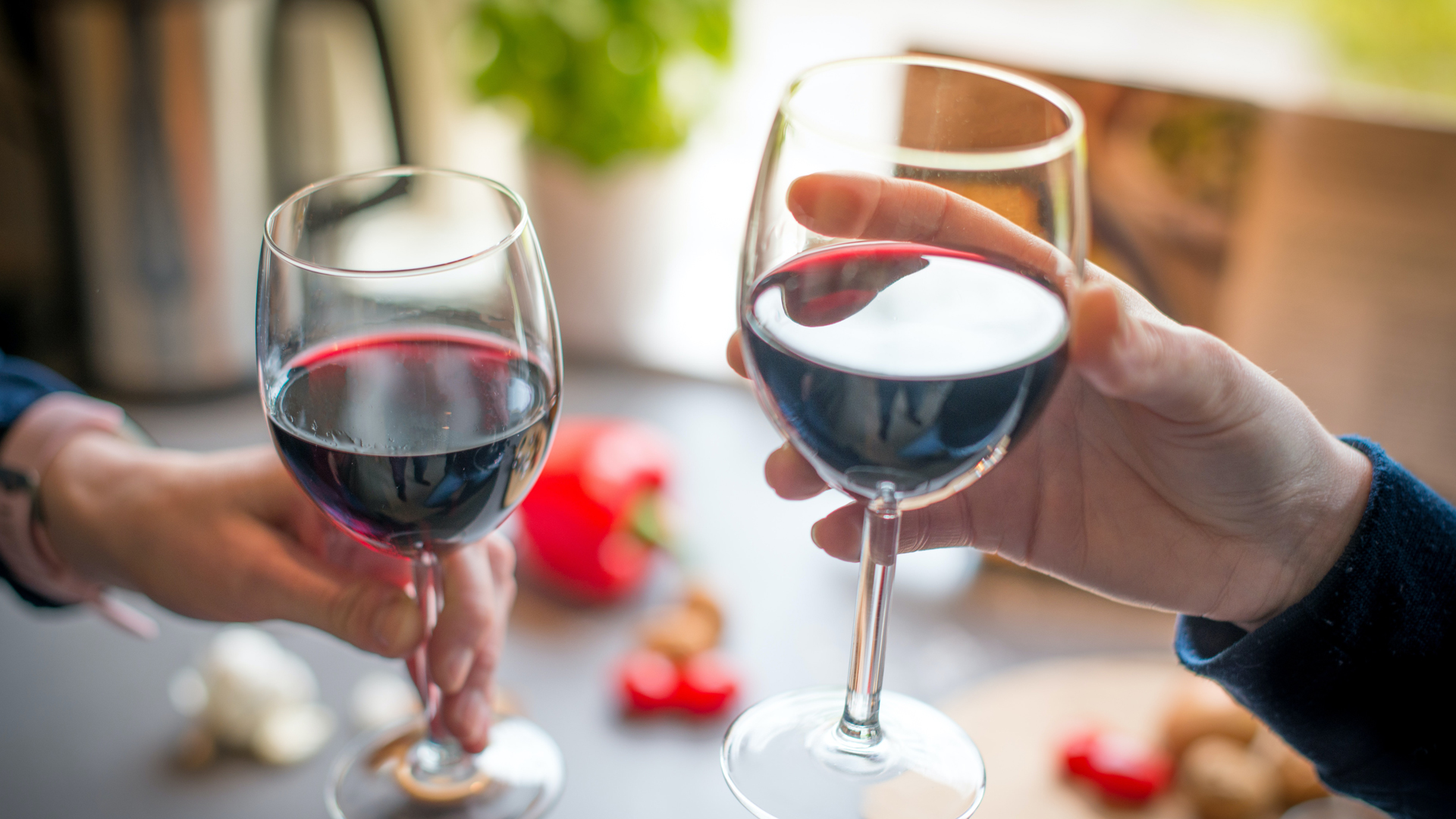
7. Drink less alcohol
Cutting alcohol for weight loss is a good idea for more than just one reason. Most obviously, alcoholic drinks are often very calorific, so drinking less alcohol means consuming fewer calories. Simple. When you want to enjoy a drink, stick to spirits (neat or with a slimline mixer), red or dry white wine, which all contain far fewer calories than other options.
Secondly, drinking alcohol increases our appetite, so we’re more likely to eat more than usual – and more of the bad stuff – when we’ve been drinking. Cheesy chips, I’m looking at you.
Lastly, we all know how we feel after a night of heavy drinking. Ready for a session and the gym and a day eating fruit, veg and simple carbohydrates? We didn’t think so. Drinking alcohol not only means we take in more calories at the time but can affect our ability to function well and make healthy choices the next day.
- How to get fit when you are unfit: 5 easy strategies that mean even lazy people can be fitter and healthier
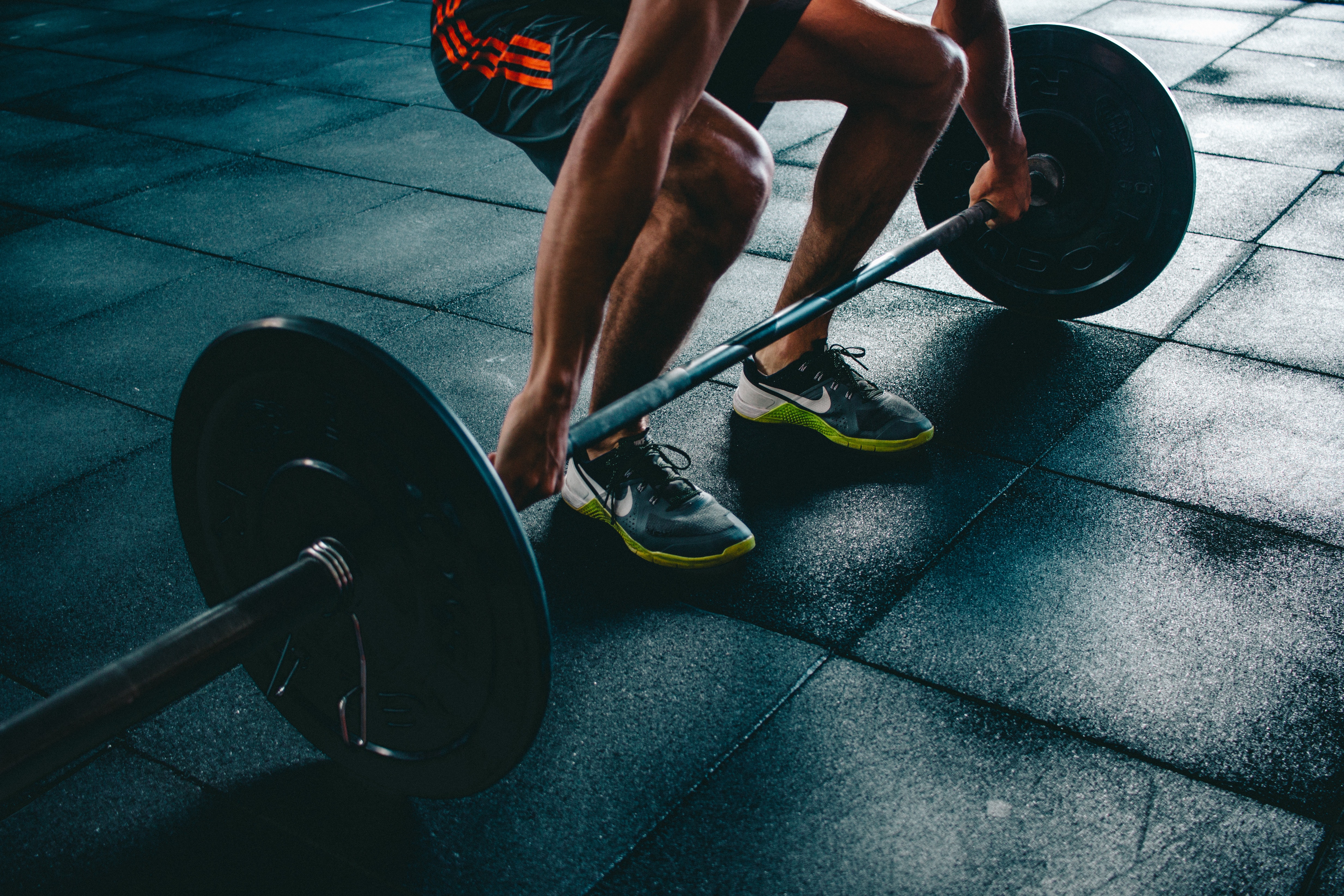
8. Increase calorie output through exercise
Now we’ve tackled diet and nutrition (calories in), it’s time to look at exercise (calories out).
Even if you're eating healthily and are reasonably active in your daily life, it’s unlikely you’ll be able to lose weight quickly without additional exercise, whether that's running, gym, CrossFit, team sports, cycling or any of the other myriad activities available.
What's more, working out will make you look and feel better, and in our view, once you start looking and feeling better, it gets a lot easier to find the willpower needed to improve your diet.
When it comes to choosing what type of exercise you do, the most important thing is that it's something you enjoy and will stick to. Don't force yourself to run if chances are you'll be walking ten minutes in.
We recommend starting with a high impact exercise that gets your heart rate up and FAST, helping you start burning calories quickly. Skipping has become a lockdown favourite of ours: all you need is a skipping rope, good music and as little as ten minutes to get in a high-intensity workout.
Other high-intensity workouts include this 20-minute HIIT workout and another boxing workout for weight loss. Both are great options if your local gym has classes going or you have your own HIIT workout gear at home.
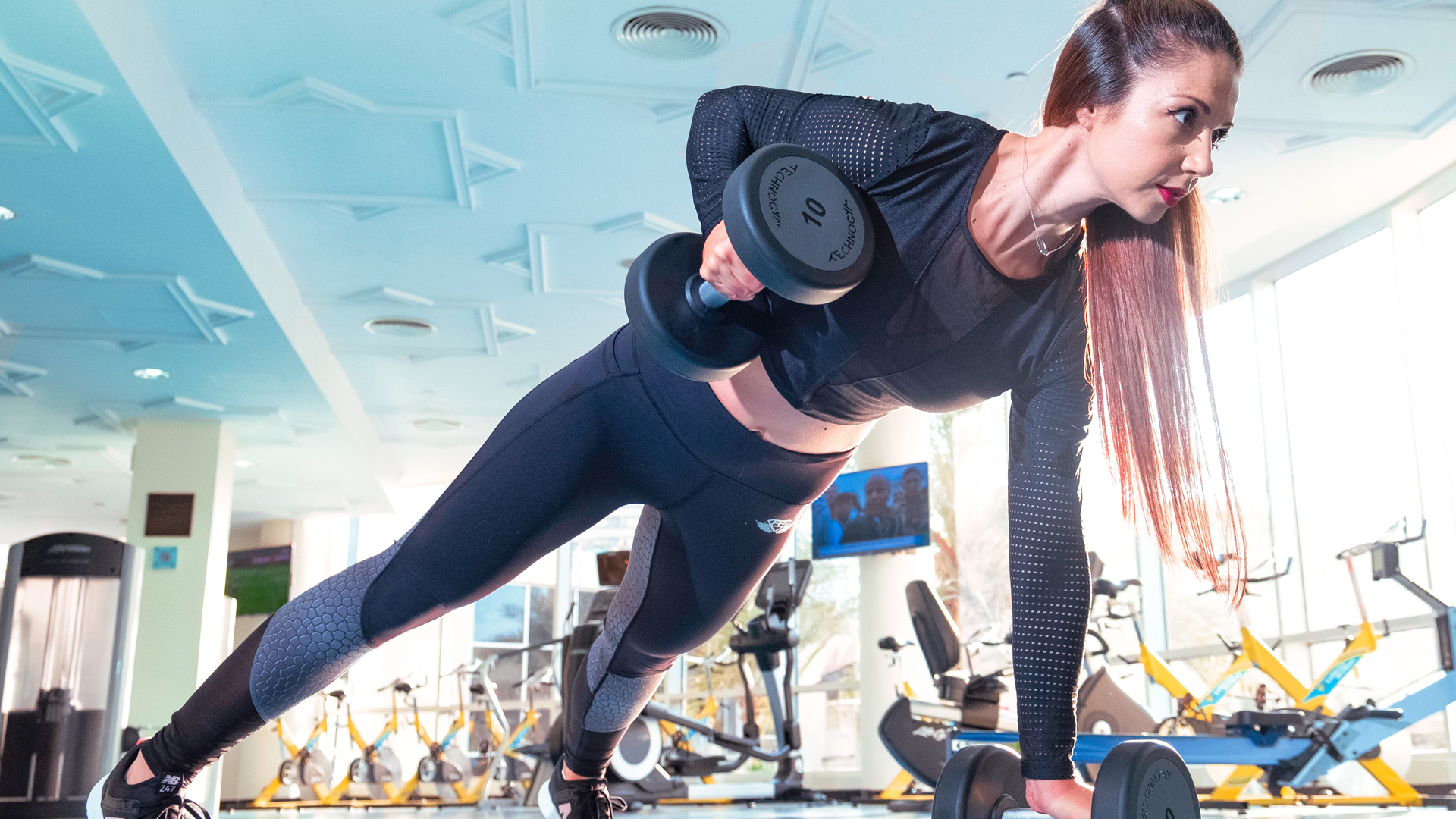
9. Focus on weight training in addition to cardio
There are two main types of exercise: cardio training and weight – or resistance–training. Both burn calories; the difference is that whilst cardio burns a lot of calories upfront, weight training continues to burn calories post-workout.
This is because weight training builds muscle, and muscle burns more than fat as you carry out day-to-day tasks. In short, the greater your muscle:fat ratio, the more calories you burn even when you are standing still.
Weight training may seem daunting, but you don’t have to join a gym and face up to the squat rack right away. You can do so many weight exercises at home with simple bits of equipment, from dumbbells to kettlebells and balls to ropes.
We’re not going to cover all the exercises you can do with weights here, so why not pick the body part you want to start burning fat from and toning up? Check out T3's workout guides below:
- The best glute exercises
- The best leg workouts for women
- Get big arms fast with the best workouts for building biceps
All of this aside, don’t neglect cardio, as cardio workouts are important for fitness and stamina, and will still burn calories.

10. Vary the intensity of your workouts
As well as doing both cardio and weight training, if you want to lose weight, it’s also important to vary the intensity with which you exercise.
In any given week, and within any given workout, you should exercise both aerobically (a little out of breath but not gasping) and anaerobically (going flat out, like when running for a bus).
Aerobic exercise needs oxygen to give muscles energy and generally requires moderate exertion. Examples include gentler running, cycling and swimming.
It’s a crucial part of losing weight quickly because it uses both sugar and fat as its energy source, but to burn fat, you need to do it for long enough that you’ve burned through your sugar stores first.
Anaerobic exercise, on the other hand, primarily uses sugar as its fuel. This doesn’t mean that it’s not good for weight loss, though. Anaerobic exercise helps build muscle, and as we explained above, this will help you burn calories even when you’re resting. Anaerobic exercises are generally high intensity, for example, sprinting and weight lifting.
A running watch or fitness tracker will help you to know what intensity exercise you're doing. As they either have built-in heart-rate trackers or pair with ones you strap to your chest, they can show you how hard you're working out and let you know when you need to push it harder.
• Find out more about heart rate zone training
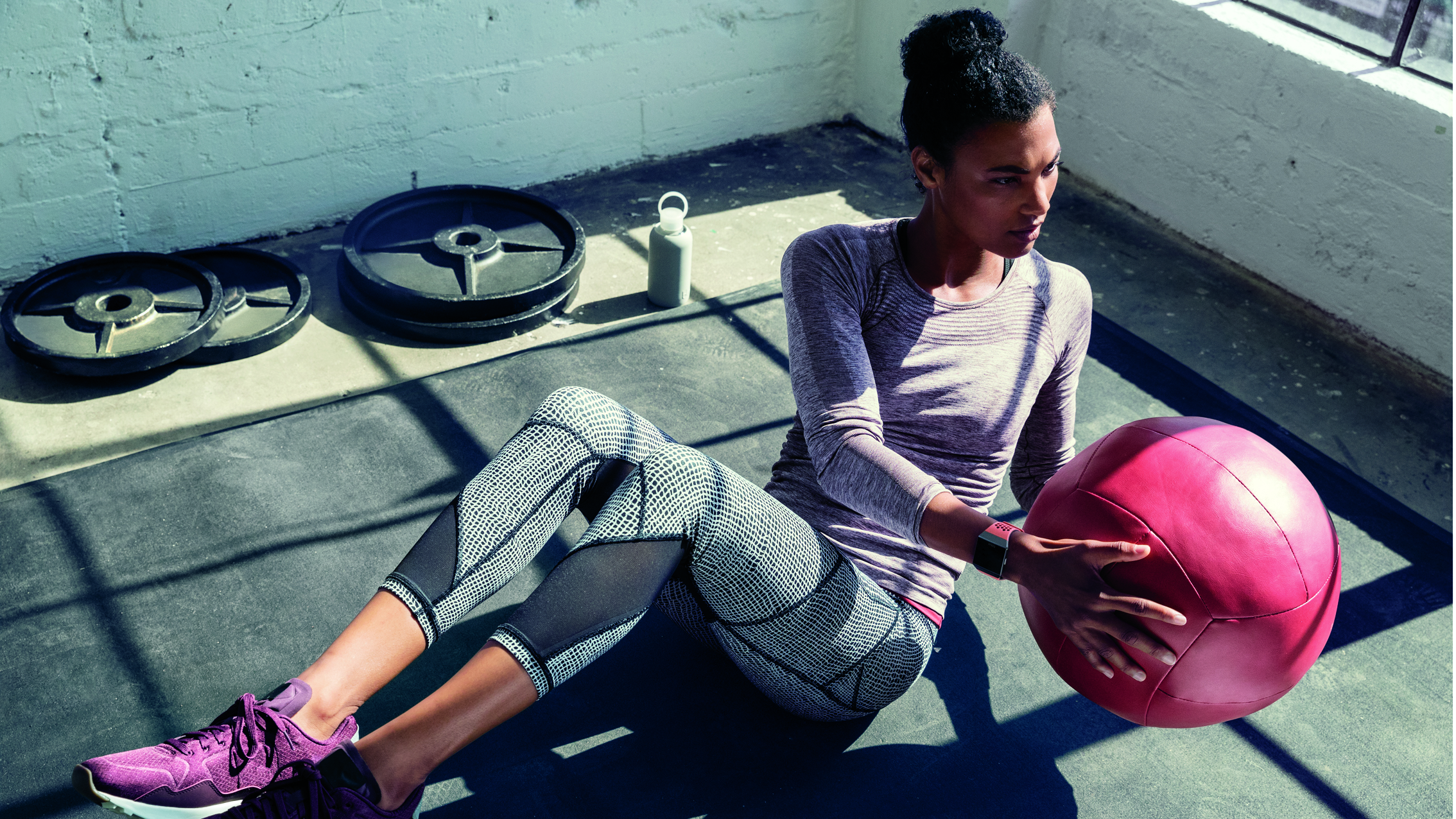
Keep track of your weight loss and fitness goals with a running watch
11. Track your input vs. output (that all important calorie deficit)
It’s important to decide how to measure your success and keep track consistently, understanding that you will see daily fluctuations due to digestive contents and water retention.
Wearing a running watch or a fitness tracker is the easiest way to track your progress, remain motivated and keep weight off. Depending on how fancy you go, you can track pretty much any metric that works for you, certainly way beyond whether you’ve achieved your 10,000 steps. Whether it’s weight, BMI, resting heart rate, calories burned, or activity level, the best running watch will track it all.
Another way to keep track of your progress is the old fashioned method of weighing yourself on a bathroom scale. The great thing about modern bathroom scales is they don't just tell you your weight; they also let you know your body fat percentage, BMI, muscle mass, visceral fat etc.
This is a much, much better metric to track than weight alone. If you're working out while dieting, you can easily put on weight, even when running a calorie deficit. Just because muscle is denser than fat, there can be less of you, yet weight more.
Although the calculations of body fat percentage scales produce are based on sound science, accuracy can vary. The key thing to note is that if the overall trend is going down, you're doing well.
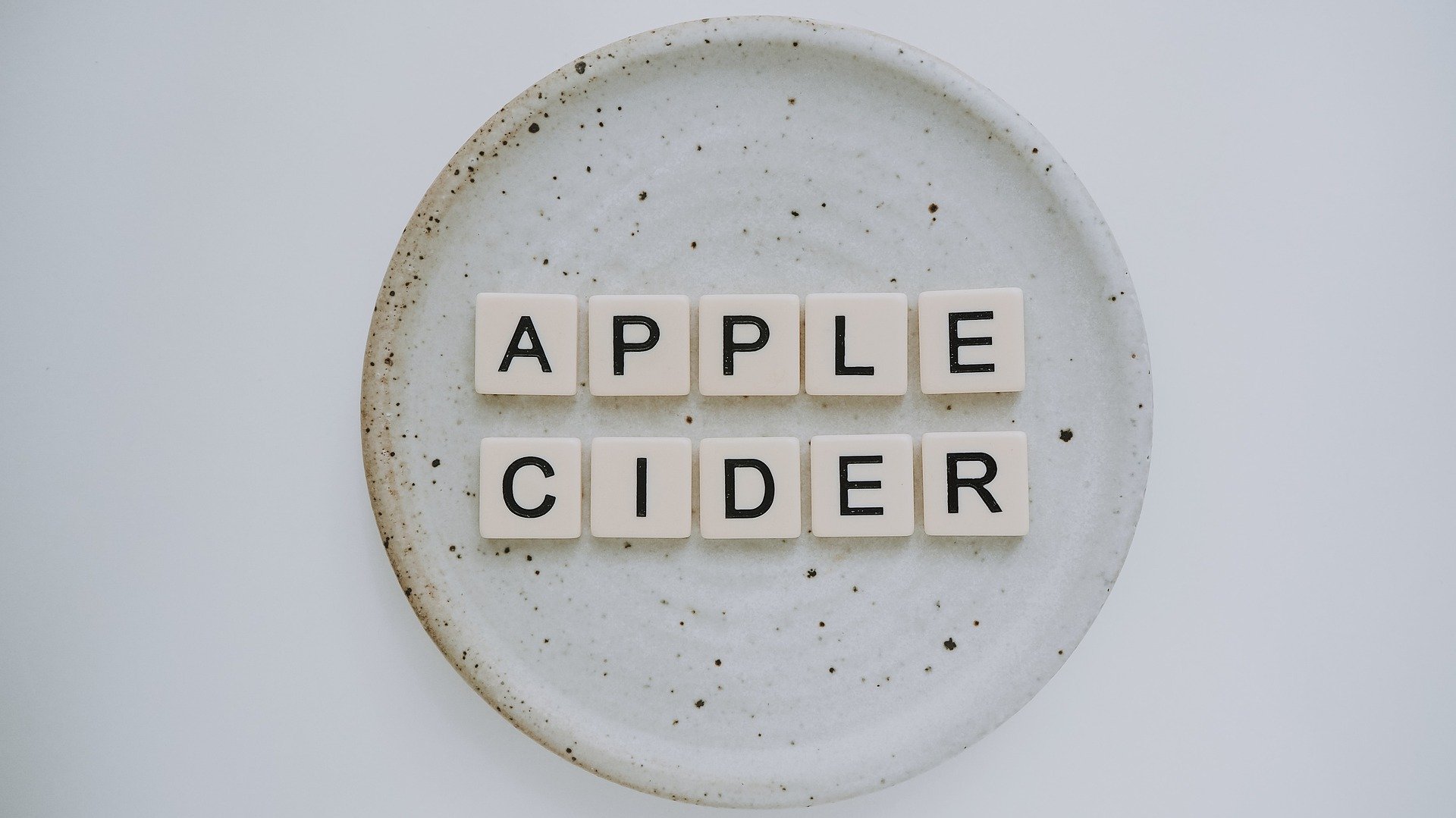
12. Try apple cider vinegar in your diet
No, glugging vinegar won't help you lose weight on its own, despite what the Daily Mail might tell you. But it could be of some help alongside more proven weight loss methods.
Apple cider vinegar is believed to help weight loss due to its high levels of acetic acid, which has been shown to stabilise blood sugar spikes after consuming carbohydrates. In one study, the blood sugar of a group who took apple cider vinegar with a high-carb meal spiked by 55% less than the control group one hour after eating.
It also helps aid digestion thanks to its probiotic bacteria content (the gross-looking cloudy substance you’ll see at the bottom of a bottle of unfiltered apple cider vinegar). This bacteria stimulates the growth of more healthy gut bacteria – exactly what our bodies need to extract nutrients from our food.
Before reaching for the bottle – it is NOT recommended to drink apple cider vinegar neat as it’s highly acidic. Instead, dilute a tablespoon (15 ml) of the stuff in 250 ml of water in the morning or before your heaviest meal. You can then also add lemon or mint to add a nicer flavour.
What NOT to do when you're trying to lose weight
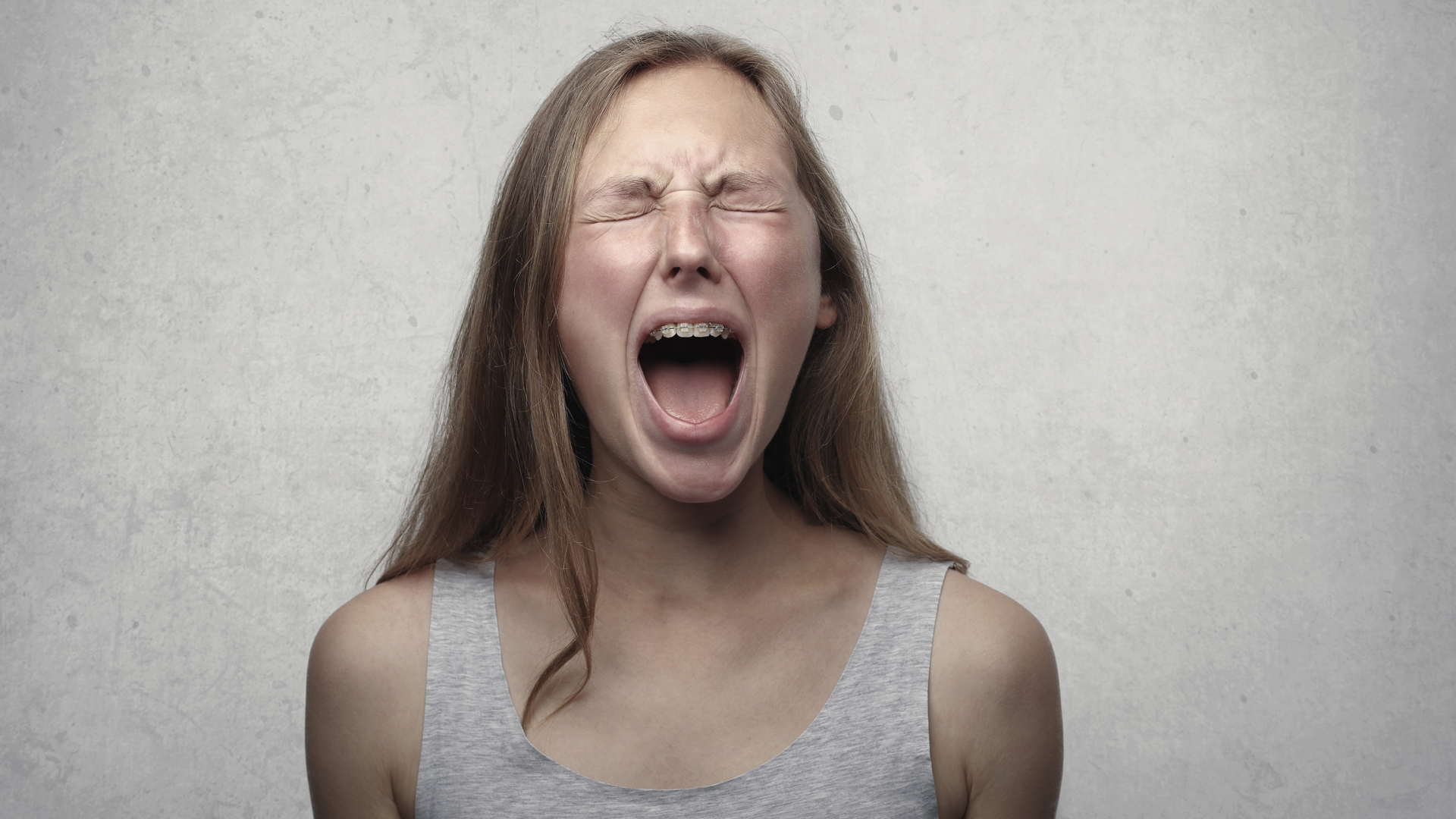
A few tips to avoid frustration and burnout
1. Don't expect too much, too soon
We can't stress enough the importance of giving your body time to lose weight. You can lose weight faster by using the right gear and having the right knowledge and attitude, but you'll likely need to redefine what 'fast' means to you.
2. Don't crash diet
You've likely read about a crash diet if you've opened an article titled 'How to lose a stone in a week', or similar. Crash diets promise – and can deliver – rapid weight loss but leave you feeling hungry and even unwell because they are generally nutritionally unbalanced.
What's more, they're completely unsustainable, and as soon as you start to reintroduce the foods you've stopped eating back into your diet, you'll start to regain the weight. This is why we advocate not cutting out any foods altogether.
3. Don't rely on just one method
If you want to see real, fast (but not instant) weight loss, we recommend that you try and adopt as many of the steps listed in this guide into your lifestyle. They won't all suit you. For example, you may not be partial to food substitutes or fasting, but don't rely just on giving up the booze if you want to see your body really transform.
-
 New Porsche 911 evokes 70s cool and you can design it on Apple Vision Pro
New Porsche 911 evokes 70s cool and you can design it on Apple Vision ProPorsche 911 Spirit 70’s retro vibes contrast nicely with Apple Vision Pro tech
By Chris Hall
-
 The new Mercedes Vision V concept might be the coolest van I’ve ever seen
The new Mercedes Vision V concept might be the coolest van I’ve ever seenThe interior of this Mercedes van looks more luxurious than a private jet
By Alistair Charlton